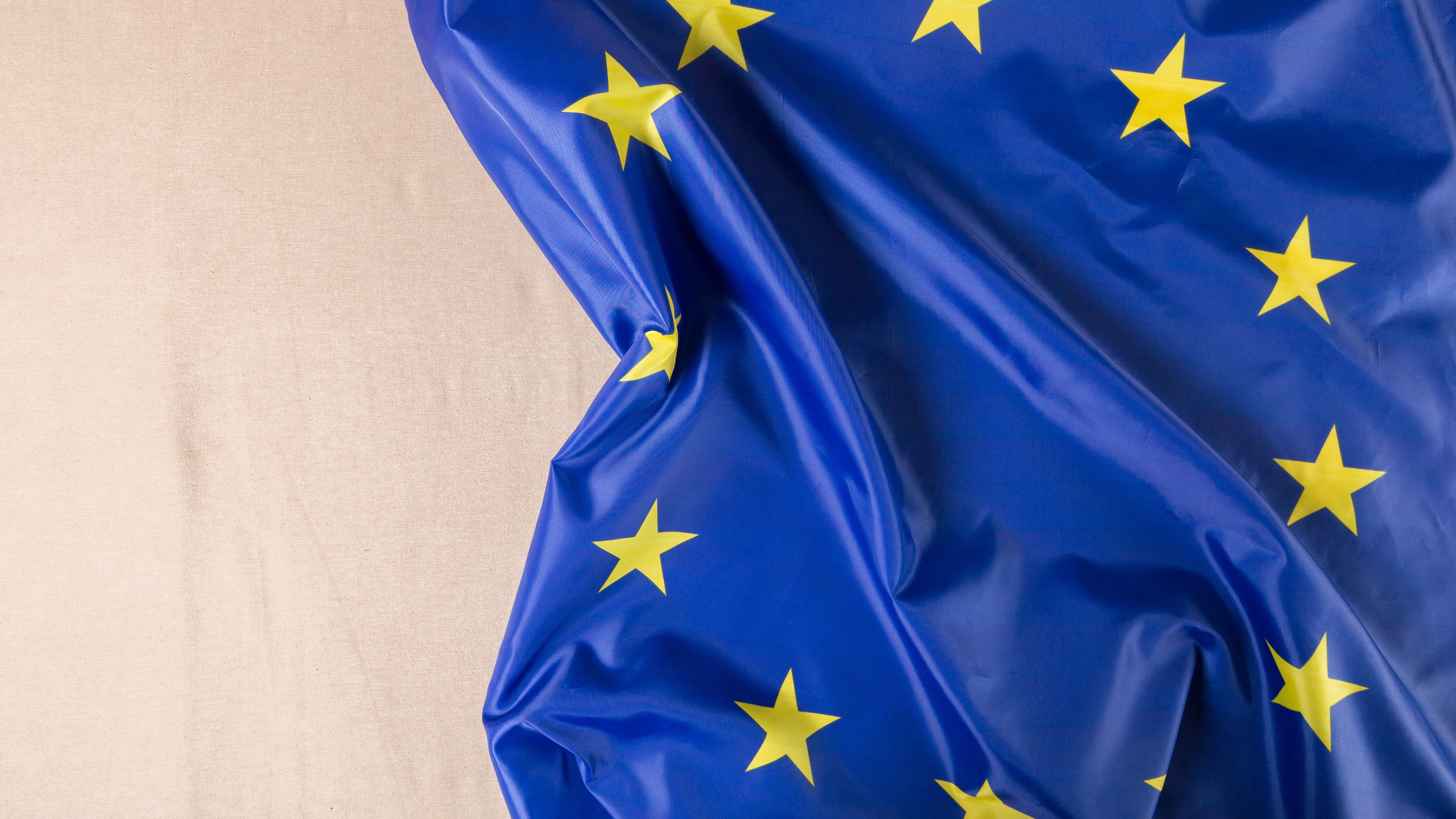OpenAI has announced the establishment of an Expert Council on Well-Being and AI to help it shape ChatGPT, Sora and other products in ways that promote healthier interactions and better emotional support.
The council comprises eight distinguished figures from psychology, psychiatry, human-computer interaction, developmental science and clinical practice.
Members include David Bickham (Digital Wellness Lab, Harvard), Munmun De Choudhury (Georgia Tech), Tracy Dennis-Tiwary (Hunter College), Sara Johansen (Stanford), Andrew K. Przybylski (University of Oxford), David Mohr (Northwestern), Robert K. Ross (public health) and Mathilde Cerioli (everyone.AI).
OpenAI says this new body will meet regularly with internal teams to examine how AI should function in ‘complex or sensitive situations,’ advise on guardrails, and explore what constitutes well-being in human-AI interaction. For example, the council already influenced how parental controls and user-teen distress notifications were prioritised.
OpenAI emphasises that it remains accountable for its decisions, but commits to ongoing learning through this council, the Global Physician Network, policymakers and experts. The company notes that different age groups, especially teenagers, use AI tools differently, hence the need for tailored insights.
Would you like to learn more about AI, tech and digital diplomacy? If so, ask our Diplo chatbot!










